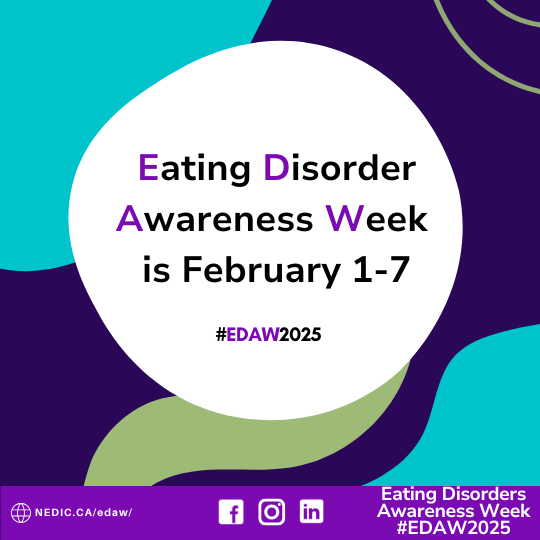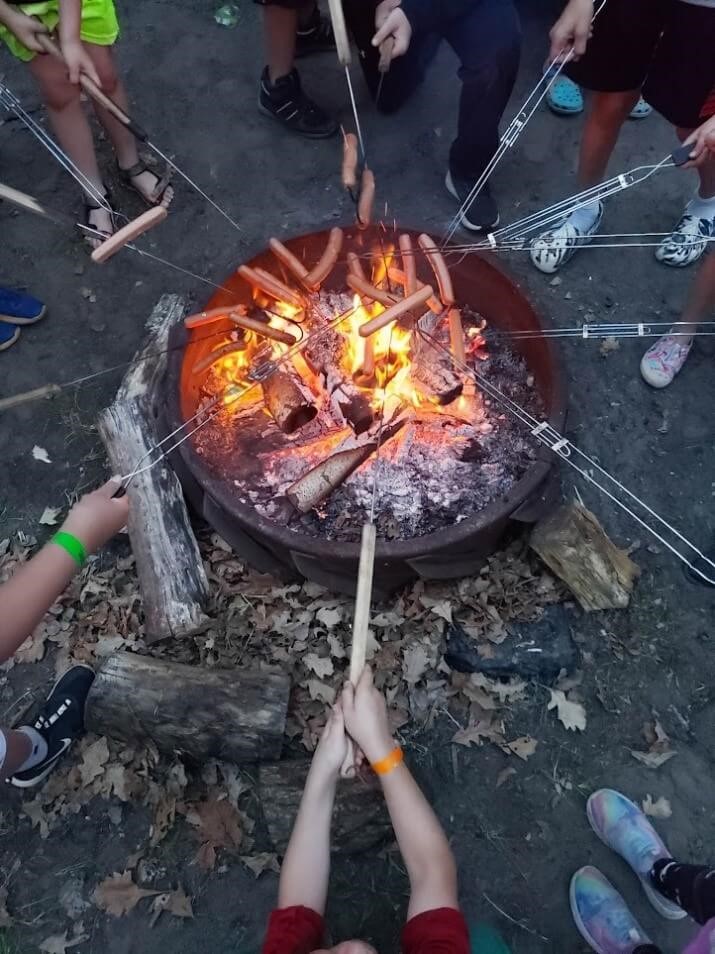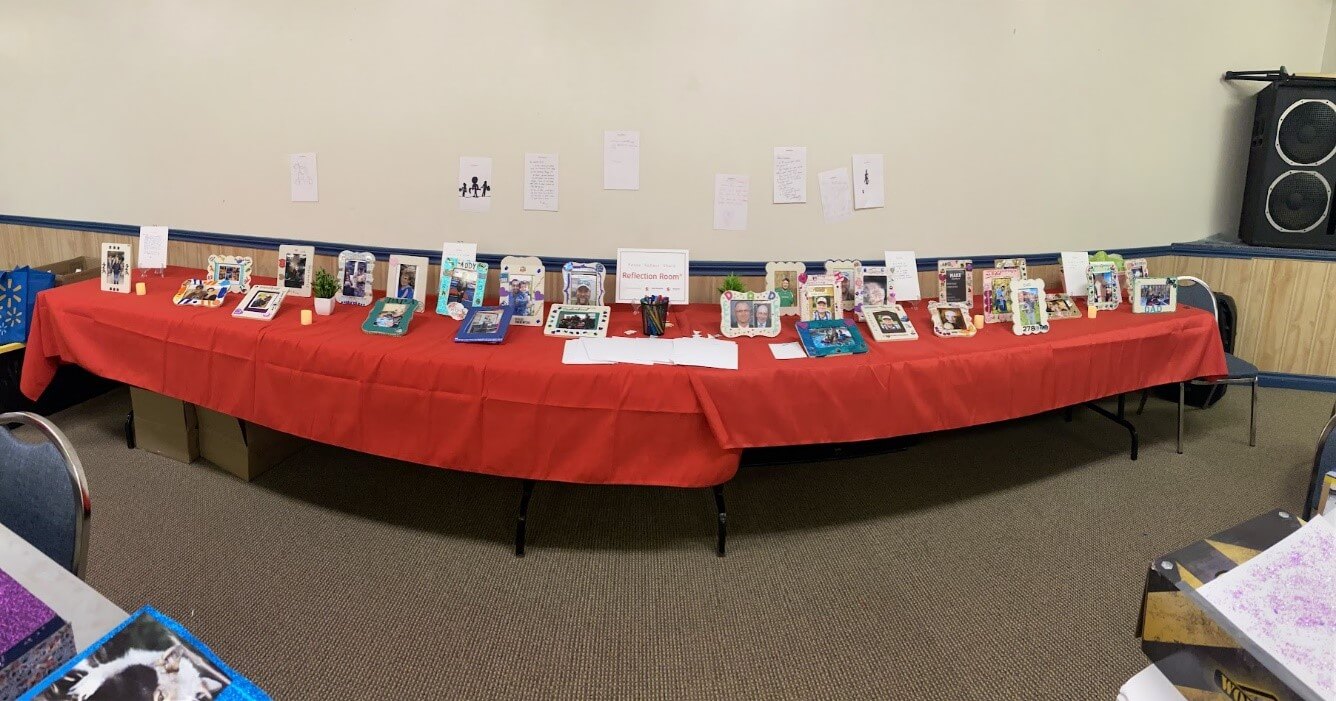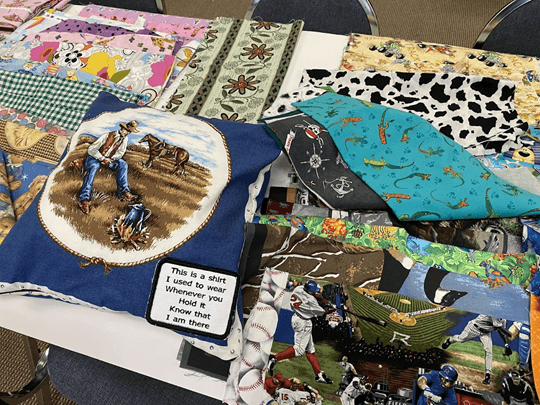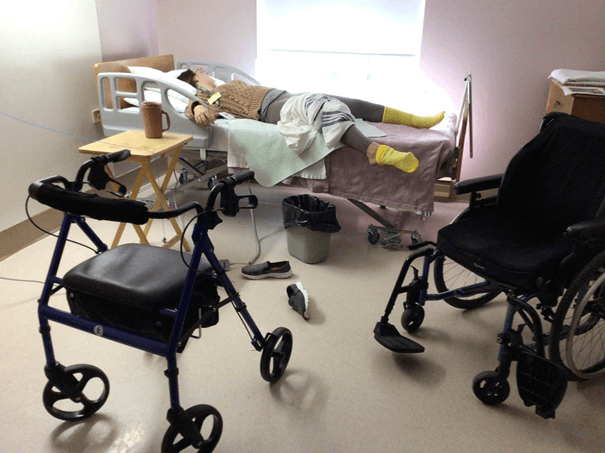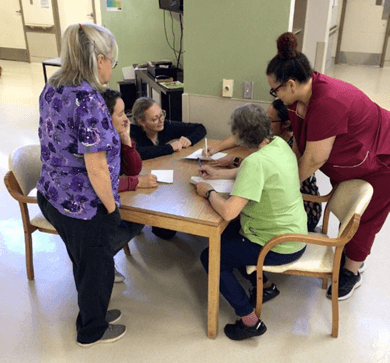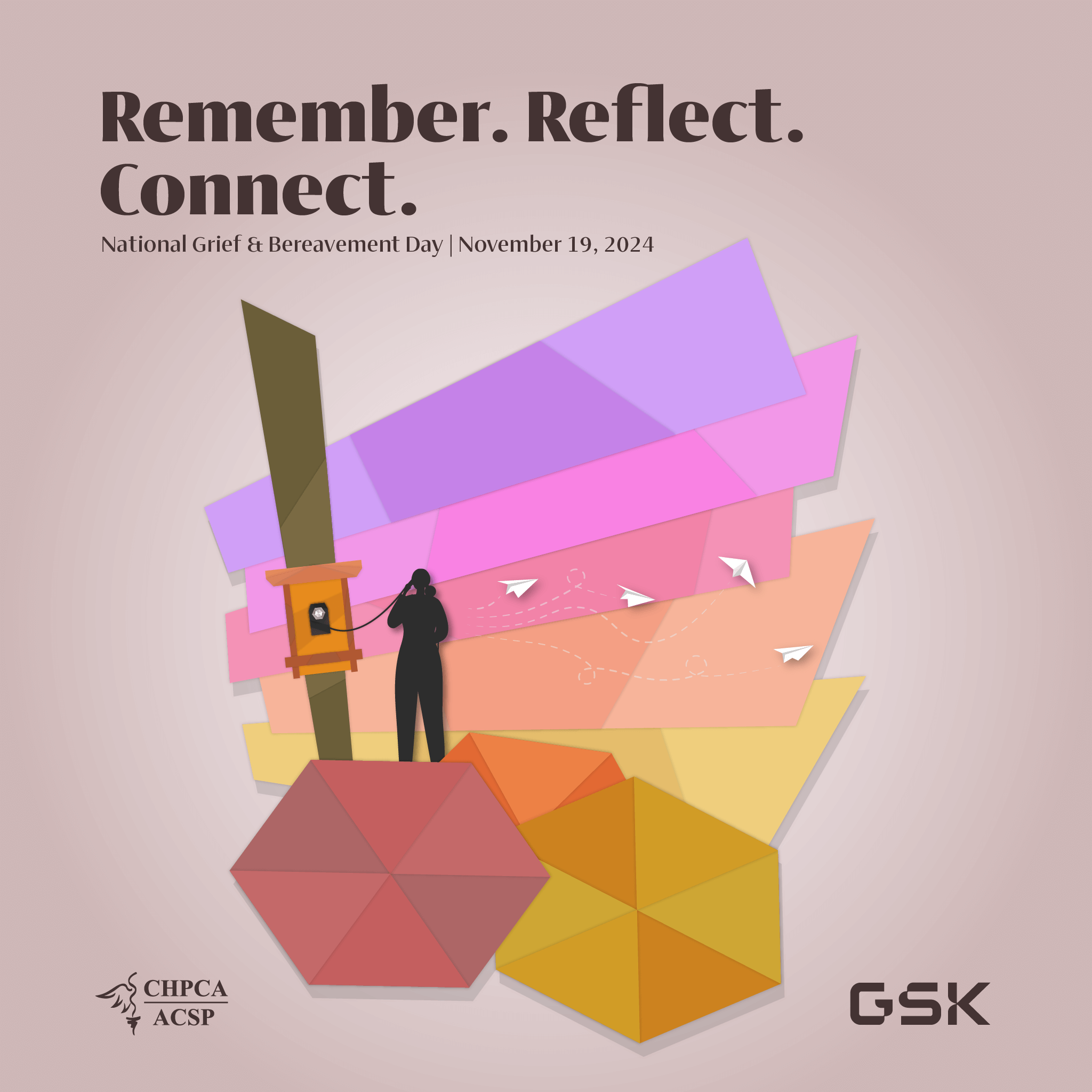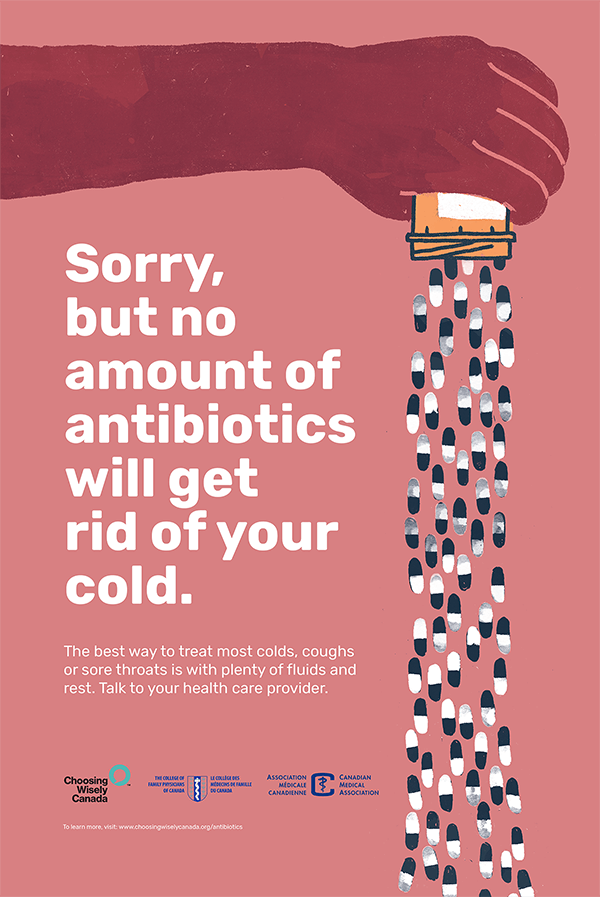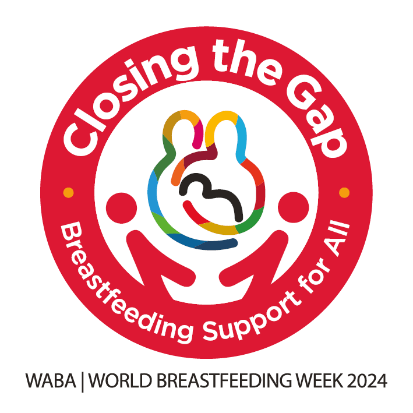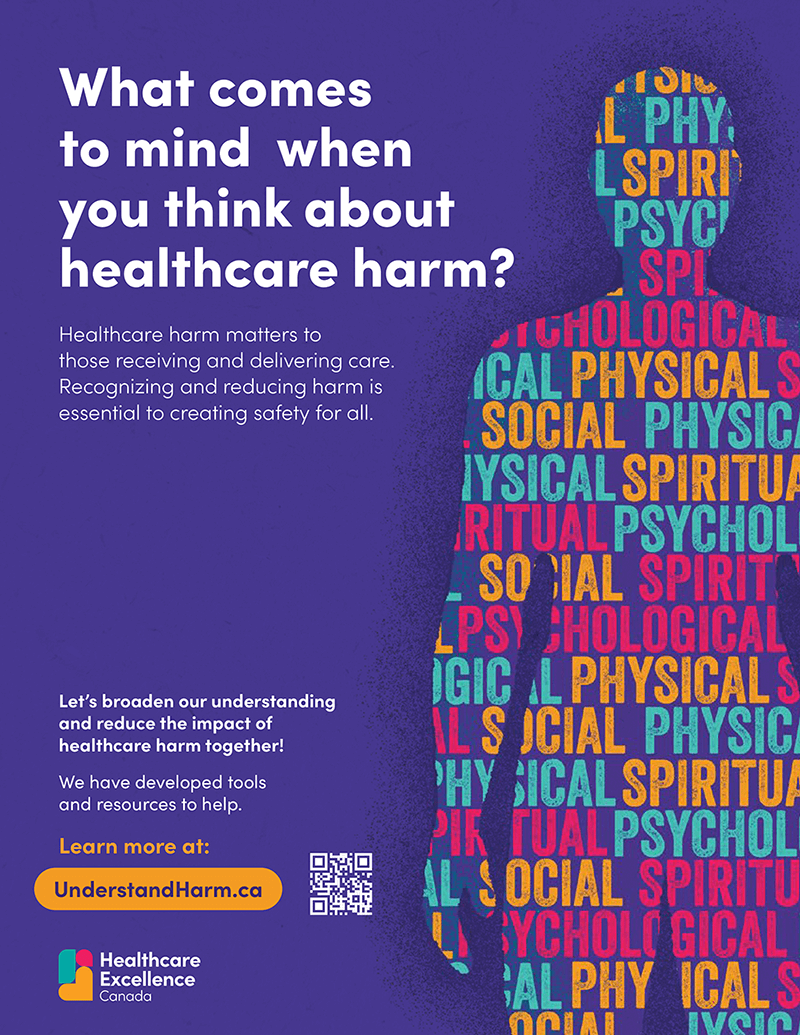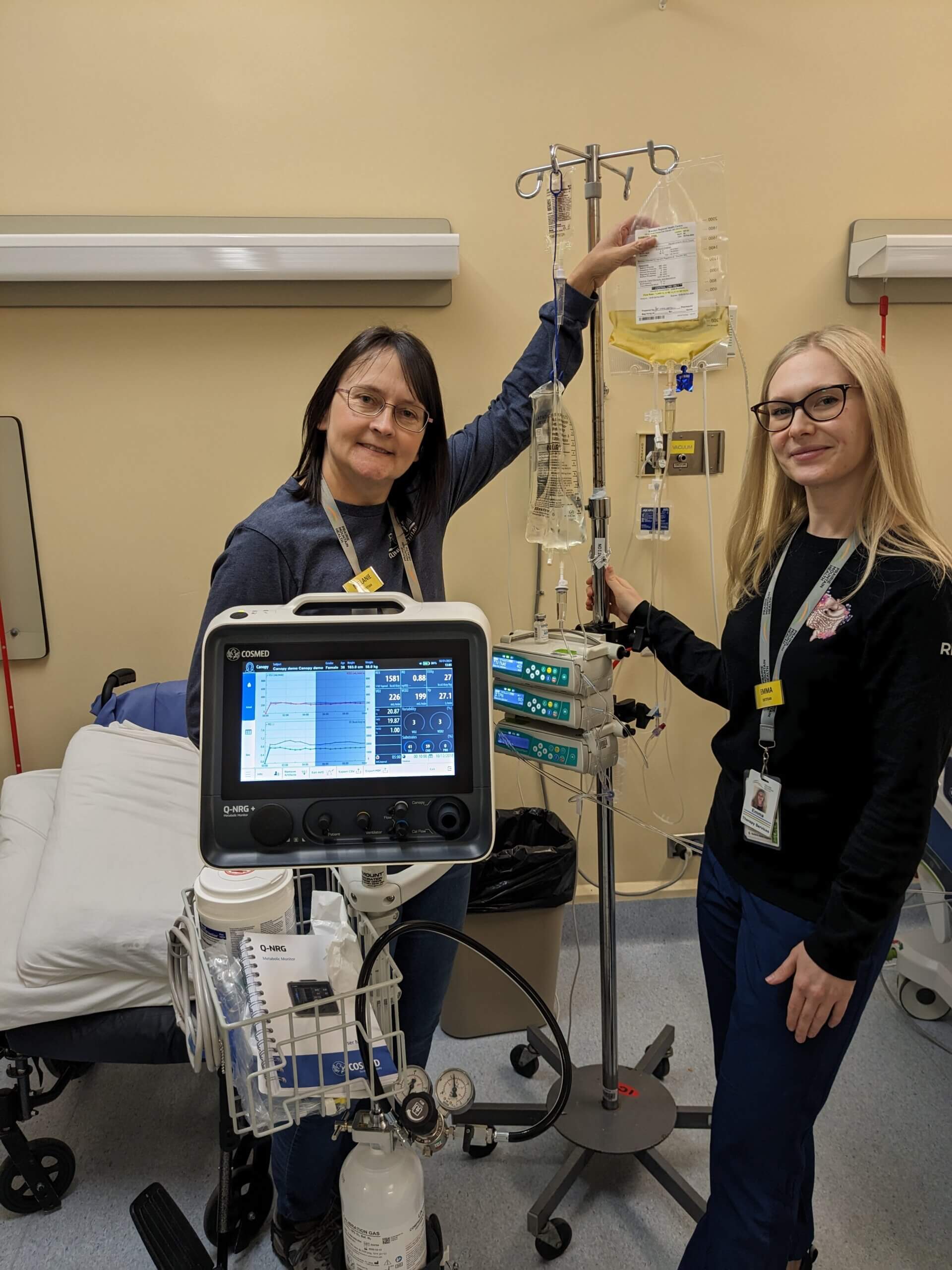Sexual Health Week is back with a new name and look: SexPlus Week!
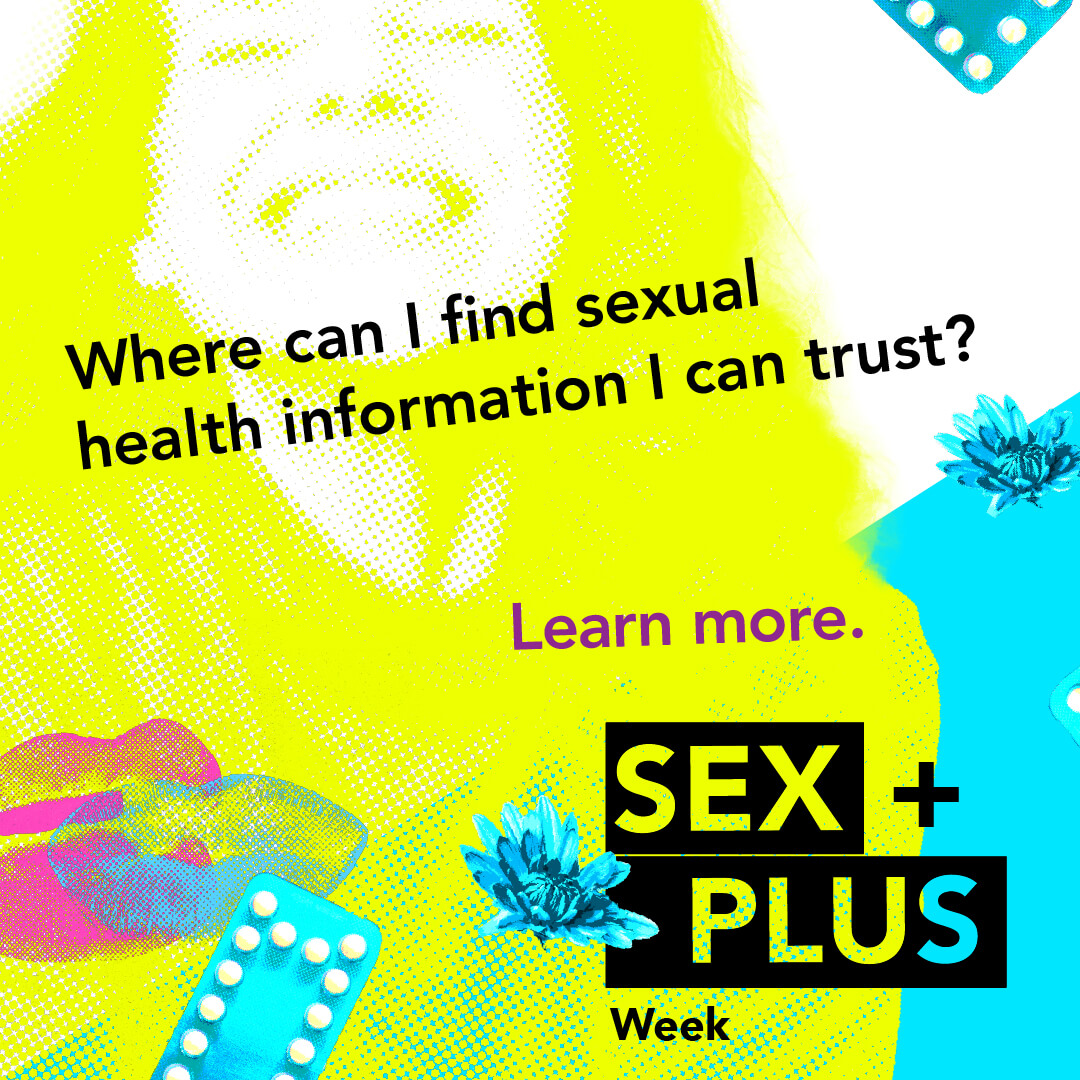
Running from February 10th to 16th, SexPlus is an annual awareness campaign dedicated to creating a future where sexual health is part of every conversation about health. SexPlus calls us to challenge misinformation, encourage curiosity, and dismantle barriers that keep people from accessing the knowledge, care, and freedom they deserve. There is no specific theme or topic to SexPlus Week; however, Action Canada for Sexual Health & Rights is excited for people and groups to use the time to celebrate and share work already being done, whether that’s an already planned workshop series, an existing resource, or regular practices with clients. Please feel free to participate in any way that works for you, visit Action Canada for sexual health & rights information.
Getting tested for sexually transmitted and blood-borne infections (STBBIs) is an important part of routine health care. Getting tested is important because it can help protect you and others. STBBI testing is available at physician clinics, nurse practitioners, teen clinics, and public health and primary care locations.
PMH Public Health and Primary Health Care offices.
During Sex Plus Week, Feb. 10th-16th, PMH will be hosting a few different events:
- Brandon:
- Assiniboine Community College – Feb. 12 from 12:30 pm-2:30 pm
- Neelin Teen Clinic from – Feb. 12 from 11:30 am-1:30 pm
- Brandon Correctional Centre – Feb. 11 & 14
- Birtle: Outreach Van will be at the Birtle Pharmacy – Feb. 13 from 11:30-2:30
- Erickson: Erickson Food Bank – Feb. 12 from 12:30 pm-3:30 pm
- Swan River: Public Health Nurse will be available for testing at the SVRSS Teen Clinic on February 12 from 9am to noon.
Learn more about PMH’s Teen Clinics.
For more information, please visit Healthy Sexuality – Prairie Mountain Health


